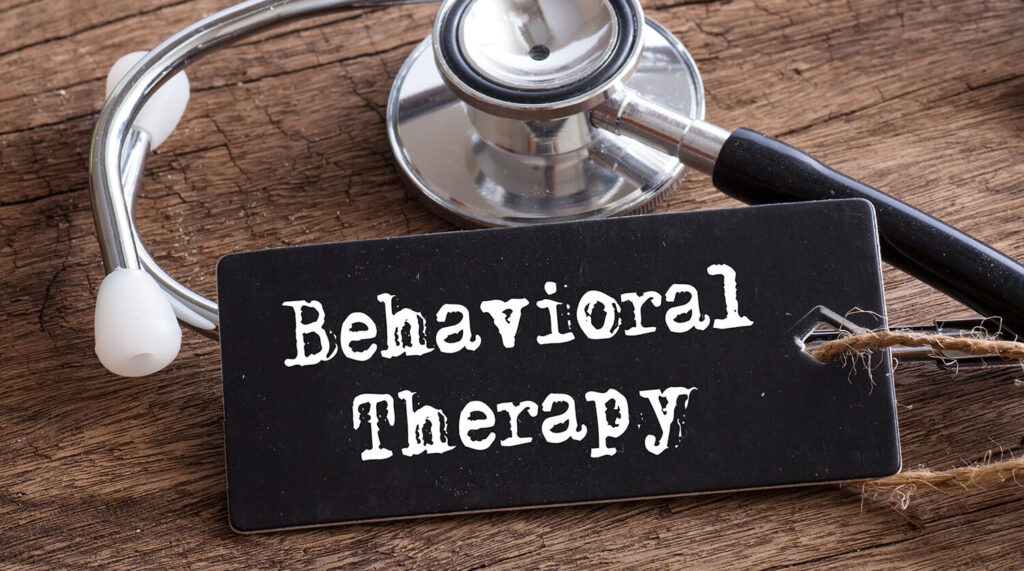How to Overcome Obesity

Obesity is a condition frequently seen in people in the United States. When you have obesity, you have increased numbers of fat cells in your body, and they’re bigger in size as well.
It’s a severe medical condition linked to complications including high blood pressure, diabetes, heart disease, and many types of cancer.
There are risk factors linked to lifestyle habits, such as taking in too many calories. There are also other risk factors including age, genetics, sex, and family history.
Being sedentary is also one of the primary risk factors for obesity. Increasingly, Americans live a sedentary lifestyle. According to personal injury attorneys Jacoby & Meyers, it’s possible that more than 80% of workers in American spend the majority of their day sitting.
Even without the obesity risk factor, being sedentary can lead to many of the most prevalent and deadly chronic illnesses, including cancer and cardiovascular disease.
Obesity is different than just being overweight. A diagnosis of obesity is based on body mass index or BMI. This measurement is taken by dividing your weight by the square of your height. If you have a BMI of 30 or higher, it’s considered obese.
If you are obese, what can you do? How can you make the necessary changes and ensure they’ll last for the long-haul?
Make Changes to Your Diet

While everyone might follow a different diet to lose weight—for example, some people may find a keto diet works best for them while others favor a Mediterranean diet—one thing is certain. Processed foods should not be part of your diet.
Obesity occurs because you eat more calories than you burn, but the quality of those calories is important too.
Processed foods often include ingredients like high-fructose corn syrup that lead to changes in the body. Those changes contribute to weight gain.
If you can shift your diet, even gradually, to foods that aren’t processed and are low in sugar, it can help you lose weight. High-fiber foods like whole grains, fruits, and vegetables are important.
When you have a high-fiber diet, it helps you feel full for longer.
If you’re struggling with obesity or you’re overweight, don’t try to start a crash diet. These diets can do more harm than good, and it’s very difficult to sustain healthy weight loss on a crash diet.
When you’re starting out, don’t focus as much on the calories you consume. Focus more on the quality of food, and then as you start to shift your habits, you can begin to then count calories and refine your diet even more.
Make Physical Activity a Routine

It’s difficult to start incorporating a new habit into your life, particularly exercise. If you’re obese, it may be difficult to do certain types of exercise or things that are too strenuous, at least when you’re starting out.
It is important though because exercise can benefit every aspect of your physical health as well as your mental health.
If you want to lose one pound of fat, you need to burn 3,500 calories. If you are currently obese, as you start exercising, you may find the weight comes off relatively quickly actually, which can be encouraging.
Consider walking every day as briskly as you can, or swimming which is easy on the joints and is great for your heart health and building muscle and endurance.
If you have serious health problems, you should speak with your health care provider about their recommendations for starting an exercise plan.
Talk to Your Doctor About Medications

Sometimes your doctor may prescribe medicines that help with obesity such as orlistat. This isn’t a first-line option for most people, though.
Your doctor might only prescribe such a medicine once you’ve made changes to your diet and exercise routine, and you haven’t lost weight, or your weight is putting your health at serious risk. If you do take medicine like orlistat, it doesn’t replace the need to exercise and eat a healthy diet.
Consider Behavioral Therapy

For some people, obesity is deeply rooted in underlying mental health conditions or past traumas. If you feel this could be true for you, behavioral therapy might help you significantly in your weight loss journey.
You can work with a therapist not just to uncover the root causes of your obesity, but also to break negative thought patterns that might have sabotaged your weight loss efforts in the past.
Another option is to join a weight management program. Some people like how structured and formalized these programs are. Most will include time with specialists in either a group setting or one-on-one. They may also have tools such as smartphone apps so you can track your progress.
What To Keep In Mind As You Change Your Habits

If you are working to overcome obesity, it’s certainly not easy.
First of all, be gentle on yourself. It’s nearly inevitable you will face setbacks, but that shouldn’t entirely derail you.
Setbacks don’t mean you’re failing.
You should always have goals for yourself throughout your journey. There should be small, incremental goals that are realistic and attainable. Meeting these smaller goals will help you stay on track.
You can also have larger overall goals.
Ensure you have a strong support system around you when you face challenges or feel discouraged.
Finally, some people consider bariatric surgery when they’re obese, and especially if they find they aren’t able to lose the weight with diet or exercise alone.
Bariatric surgery is a big undertaking, though. It changes your digestive system, and it can have complications.
Your doctor will discuss all of this with you to help determine if you’re a candidate for this type of surgery. When people undergo successful bariatric surgery, it can help with many of the conditions linked to their obesity, such as type 2 diabetes.
Everyone has to start somewhere as they work to lose weight, so rather than viewing it as something insurmountable, take it little by little. Celebrate your progress along the way.



